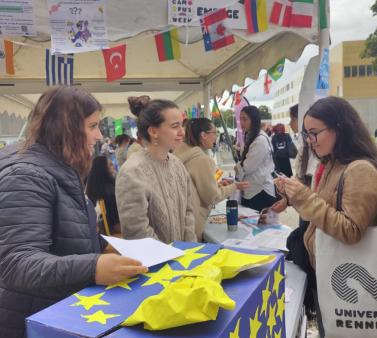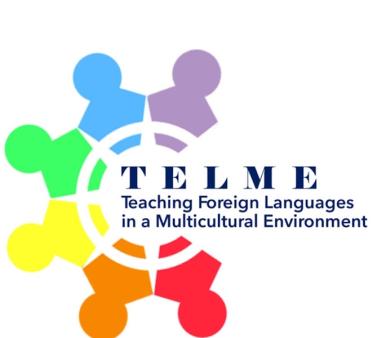Project Description
Higher education has a critical role to play in the global quest to address the societal challenges that underpin the United Nations Sustainability Development Goals (SDGs) through innovations in teaching, learning, scholarship, operations and community leadership. The TRIP project aims to exemplify through a focus on SDG 4: To ensure inclusive and equitable quality education and promote lifelong opportunities for learning for all with a ‘how to guide’ to support higher education institutions within the partnership and beyond to realise such global ambitions through innovations in inclusive internationalisation at home.
Internationalisation at Home is to be understood here as “the purposeful integration of international and intercultural dimensions into the formal and informal curriculum for all students within domestic learning environments” (Beelen & Jones 2015, p.69), is increasingly becoming a key strategic priority for higher education across the globe. Yet, it is recognised within the literature that there is “no recognized strategy, formula or approach” (Robson et al., 2017, p.20) to IaH which establishes the need for collective efforts of key stakeholders from the level of national and international policy makers to that of the individual students. While a number of previous funded projects have focused on these levels individually, the aim of this project is to bridge the gap that exists in taking a full 360 degree approach to robust and innovative Internationalisation at Home.
The TRIP project will address this existing gap by developing a framework to embed a quality assured Internationalisation at Home model focused on a tripartite action model addressing:
- macro (Institutional level & Societal Level)
- meso (Curriculum enhancements and teaching innovations) and
- micro levels (Inclusion of all students).
We see this as working in tandem with the need for actionable measures that can be operationalised transnationally as indicators of quality IaH linked to the EU priorities of making higher education systems inclusive and connected to society with the SDGs as catalyst to address this gap, with our own focus on SDG 4.We align ourselves with Brandenburg (2020) who promotes the concept of “internationalisation in higher education for society” (IHES) by defining it as “... to benefit the wider community, at home or abroad, through international or intercultural education, research, service and engagement...” (p. 12) A focus on the SDGs enables higher education to look inward to address inequalities in access to education and opportunities to engage fully with education programmes. For example, students from refugee backgrounds are often unable to engage in mobility and what we are proposing in PR2 would enable such students to make-use of their skill set cross institutionally through our innovative virtual modules. In addition, using the SDGs as a catalyst to enable higher education to look externally to help governments and business and civil society to chart pathways to sustainable development. TRIP will also enable a civic and community engaged education to flourish. Our belief is that COVID 19 pandemic has shown higher education to be flexible and agile and we need to build on the capacity to find creative and innovative solutions to provide education through globally engaged civic institutions.
Project Partners
- University of Limerick, Irland (UL) (overall project coordination)
- Rennes 2 University, France (UR2)
- Matej Bel University, Slowakia (UMB)
- Complutense University of Madrid, Spain (UCM)




